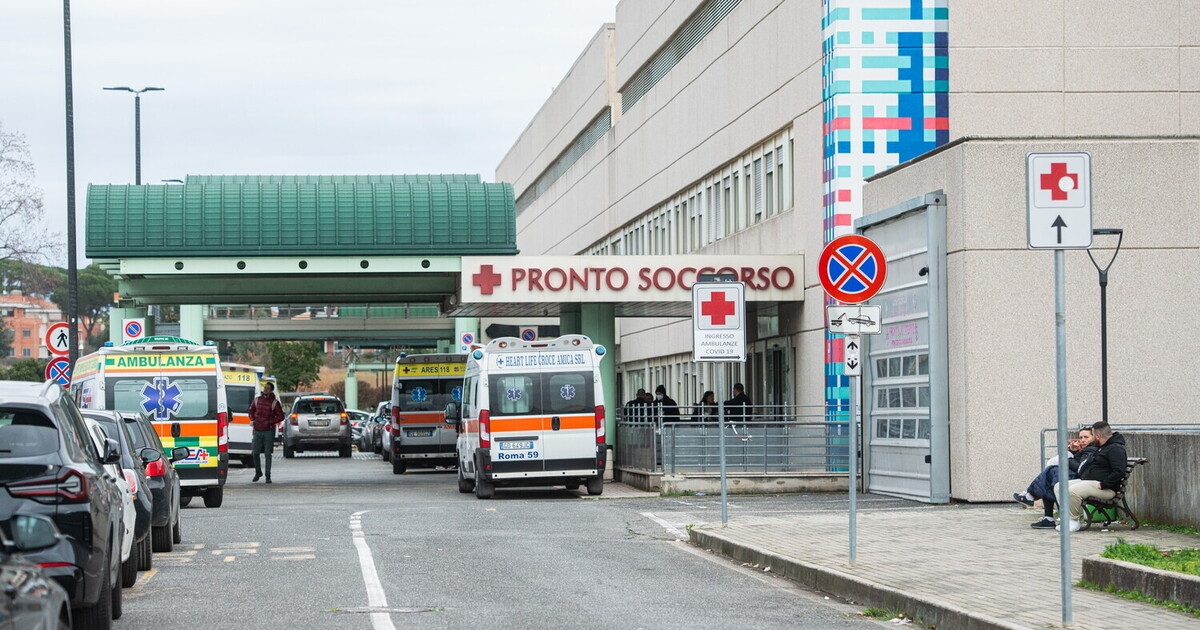AIOM CONGRESS SPECIAL. From wigs to bras to bus tickets, the forgotten costs of cancer that weigh on your wallet.

It's not just the "big" costs of supportive care or physical therapy. Even the "small" costs, those related to everyday life and seemingly negligible, weigh heavily on a cancer patient's family budget. These include the cost of public transportation to the hospital, perhaps several times a week, or the cost of wigs, parking, or even post-surgery bras. This is an often overlooked aspect of daily life that Elisabetta Iannelli, secretary of the Italian Federation of Volunteer Associations in Oncology (FAVO), is highlighting at the national congress of the Italian Association of Medical Oncology (AIOM), which opens today in Rome. "For example," Iannelli explained to ANSA, "women undergoing breast cancer surgery face costs that seem 'small' but can actually add up to a significant burden on a family budget: from special post-surgery bras to wigs, which are essential but expensive, and not everyone knows they exist and can be reimbursed by the regional government. Then there are all the costs associated with travel for treatment; they may be small costs for public transportation or gasoline, but ultimately they weigh heavily because they involve frequent trips. Or, for example, parking costs when you have to go to the hospital. In this regard, it's worth remembering that patients can obtain a 'disability' permit for a limited period, thus avoiding this expense." Furthermore, he emphasizes, our proposal would be to optimize and improve hospital organization, including in order to concentrate visits and tests to reduce the number of transfers per patient. Costs then rise, especially during the "doubtful" period, when a whole series of tests and specialist visits are undertaken to determine whether a cancer diagnosis has been made. During this period, visits and tests are the patient's responsibility and are sometimes very expensive. However, even in this case, there is a possible solution, already adopted by Piedmont, which has led the way: "Piedmont," explains Iannelli, "has adopted a 'temporary 048' code, an exemption code for suspected diagnoses. Therefore, during that gray period between the suspicion of cancer and the eventual confirmation of cancer, the patient does not have to pay out of pocket for visits and tests, which subsequently become free upon confirmation of cancer. We asked for this temporary code to be included in the National Oncology Plan, but it hasn't happened." As for why a portion of patients are abandoning their jobs, Iannelli notes that there could be various reasons: "It could be a personal choice, but there are also cases of unfair dismissal or even 'soft mobbing.'" The law on cancer oblivion must also protect the workplace: "It is fully in force but still not fully implemented, at least in the employment sector. In fact, the implementing decree from the Ministry of Labor is missing, now over a year late, which should include active employment policies for all people who have been diagnosed with cancer. We hope," Iannelli concludes, "it arrives soon."
ansa




